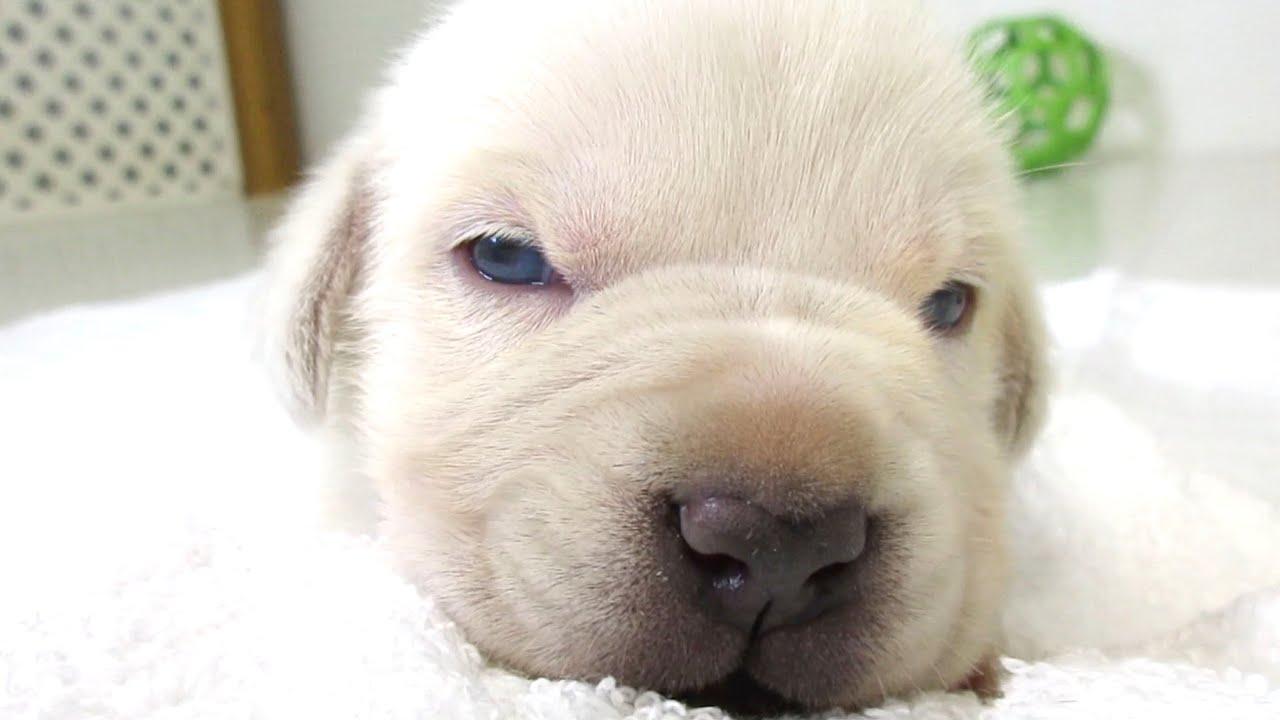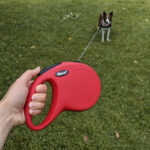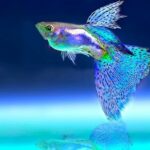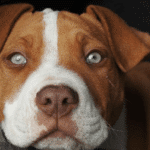The anticipation of a new puppy often brings with it a whirlwind of excitement and wonder. These tiny bundles of joy, with their soft fur and playful antics, invite us into a world of affection and companionship. Yet, beneath that adorable exterior lies a fascinating journey of growth and development that unfolds in the early weeks of life. One of the most enchanting milestones in a puppy’s early days is the moment they open their eyes, a simple act that marks the beginning of their exploration of the world around them.
In this article, we will delve into the intriguing timeline of puppy development, exploring not only when they first open their eyes, but also the subsequent stages that shape their senses, behaviors, and personalities. Join us as we uncover the remarkable transformations that turn a blind, vulnerable pup into a lively, curious companion ready to embark on their adventure with you.
Table of Contents
- Understanding the Timeline of Puppy Eye Opening
- The Science Behind Puppy Development Stages
- Signs of Healthy Eye Opening in Puppies
- Caring for Puppies During Their Vision Transition
- Q&A
- In Retrospect
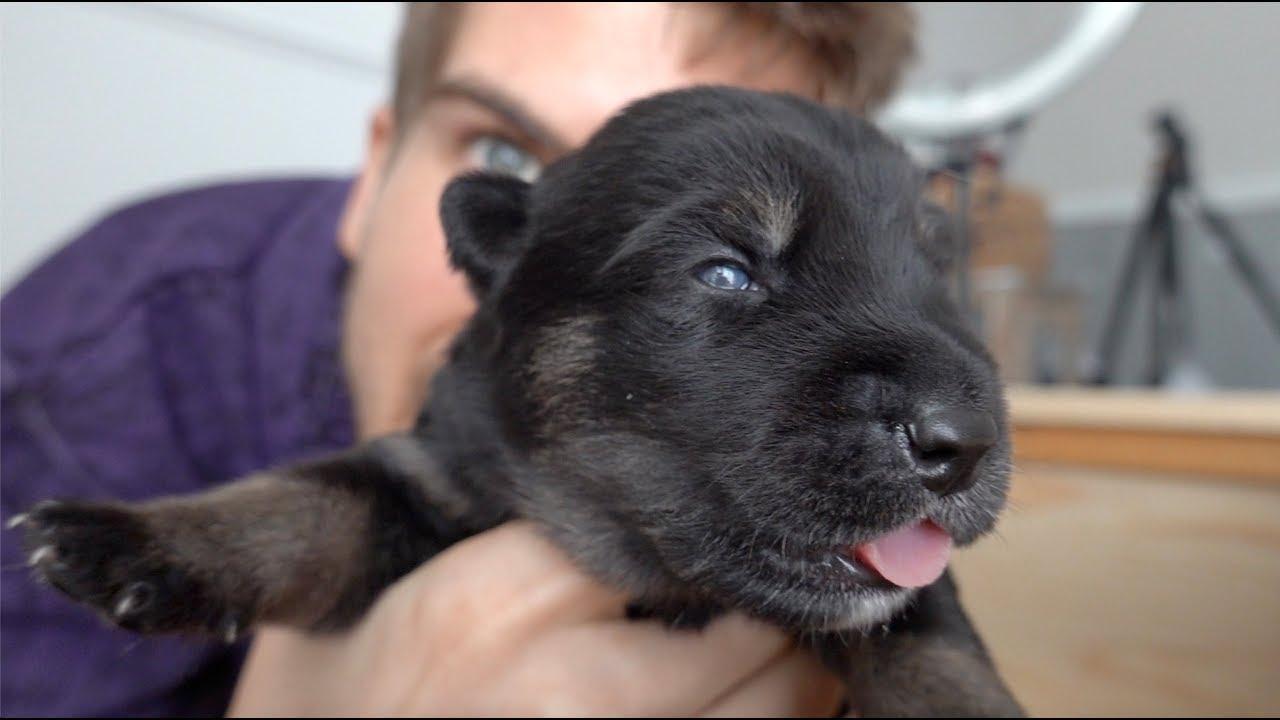
Understanding the Timeline of Puppy Eye Opening
The timeline for a puppy’s eye-opening process is a fascinating journey influenced by various developmental stages. Typically, puppies are born with their eyes closed, a protective measure that allows them to develop in a controlled environment. Around 10 to 14 days after birth, puppies start to open their eyes, but this doesn’t happen all at once. Initially, their vision is blurry, and they may only be able to perceive light and dark. This gradual transition is crucial, as it enables them to adapt to their new world slowly. The timing can vary depending on the breed, with larger breeds often opening their eyes a bit later than smaller ones.
As the puppies’ eyes begin to open, they also enter a critical period of sensory development. Within a few weeks, their vision improves significantly, and they start to explore their surroundings more actively. This stage also coincides with other important milestones, such as beginning to crawl and stand. To better understand this timeline, here’s a simple overview of key developmental phases related to eye opening:
| Age (Days) | Developmental Milestone |
|---|---|
| 0 | Eyes closed, dependent on mother |
| 10-14 | Eyes begin to open, blurry vision |
| 21 | Vision improves, starts exploring |
| 28 | Eyes fully open, begins social interactions |
The Science Behind Puppy Development Stages
Puppy development is a fascinating journey marked by several key stages, each crucial to their growth and overall health. In the early days, puppies rely entirely on their senses of touch and smell, as their eyes and ears remain closed. Typically, puppies start to open their eyes around 10 to 14 days after birth, a significant milestone that allows them to explore their world more actively. This gradual transition from blindness plays a vital role in their sensory development, as visual input becomes crucial for socialization and interaction with their littermates and mother.
During these formative weeks, puppies undergo rapid physiological changes and are highly sensitive to their environments. The stages of development can be categorized as follows:
- Neonatal Stage (0-2 weeks): Dependence on mother, eyes and ears closed.
- Transitional Stage (2-4 weeks): Eyes begin to open, social interactions start.
- Socialization Stage (4-12 weeks): Critical period for learning, exploring, and interacting with humans and other animals.
- Juvenile Stage (3-6 months): Increased independence, learning basic commands.
This timeline highlights the importance of both environmental and social stimuli during these stages. These experiences shape their behavior, personality, and adaptability, laying the foundation for their development into well-rounded adult dogs.
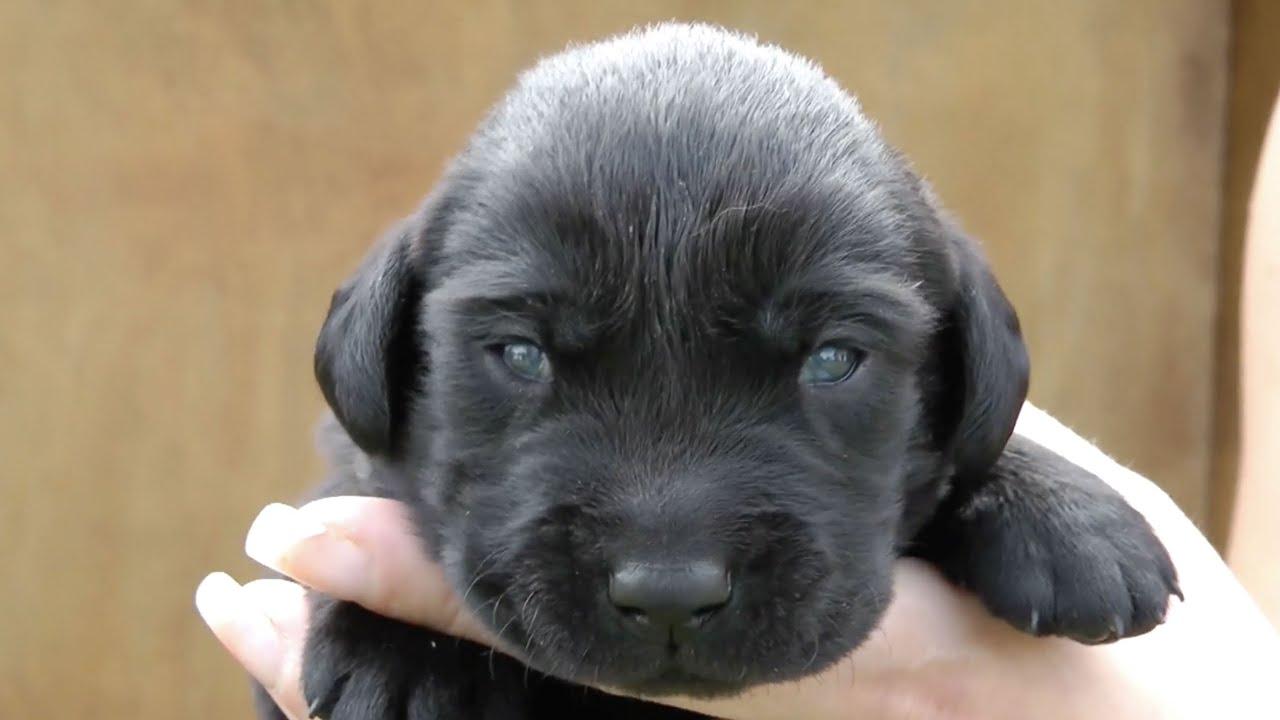
Signs of Healthy Eye Opening in Puppies
Watching puppies as they transition from the completely dependent phase of their early life to a more aware state is truly fascinating. Healthy eye opening in puppies usually occurs between 10 to 14 days after birth. When the time comes, you’ll notice several key signs indicating that their eyes are developing well. Firstly, clear outer eye membranes should begin to recede, revealing glimmering puppy eyes that show curiosity and vitality. Additionally, the eyes should appear moist and bright, devoid of any excessive discharge, which could signal potential health issues.
Another significant sign of healthy eye development is the reaction to light; puppies may squint or blink when exposed to bright environments, indicating their eyes are functioning as they should. As they become more aware of their surroundings, you may also observe eye tracking; they’ll begin to follow movements nearby, displaying an eager interest in their littermates or humans. To ensure that your puppies are on track with their eye health, consider monitoring these signs regularly in the first few weeks of their lives:
| Signs | Indications |
|---|---|
| Clear Membranes | Good health, normal development |
| Moist and Bright Eyes | Absence of infection, healthy hydration |
| Reaction to Light | Functional vision, normal neurological function |
| Eye Tracking | Curiosity, cognitive development |
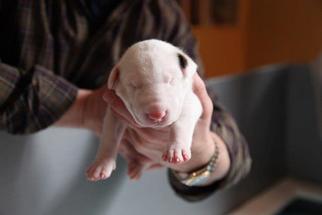
Caring for Puppies During Their Vision Transition
The journey of a puppy’s vision transition is a fascinating process that marks a significant milestone in their development. When puppies are born, their eyes are tightly closed and they rely heavily on other senses, such as touch and smell. Typically, their eyes begin to open around 10 to 14 days after birth. Once they start to see, the world can be overwhelming. During this time, it’s essential to create a safe and comfortable environment. A few simple measures can aid in their adjustment:
- Reduce Bright Lights: Keep the area dimly lit to prevent discomfort from harsh lighting.
- Minimize Noise: A calm atmosphere allows puppies to acclimate to visual stimuli gradually.
- Gentle Handling: Handle them softly to foster trust as they explore their new world.
In addition to providing a serene environment, monitoring their behavior can be quite enlightening. Puppies may exhibit signs of confusion or agitation as they adapt to sight, and changes in their play style are common. During this transition phase, ensure they have plenty of soft surfaces to navigate as their coordination develops. Consider this helpful table for tracking the essential aspects of puppy vision development:
| Age (Days) | Eye Development | Care Recommendations |
|---|---|---|
| 0-10 | Eyes Closed | Use tactile stimuli for bonding. |
| 10-14 | Eyes Begin to Open | Maintain a calm environment. |
| 15-21 | Full Vision Developing | Encourage gentle exploration. |
Q&A
Q&A:
Q1: At what age do puppies typically open their eyes?
A1: Puppies usually begin to open their eyes between 10 to 14 days after birth. It’s a gradual process, and not all puppies will open their eyes at the same time. Their eyelids are sealed shut at birth, protecting their delicate eyes until they are ready to face the world.
Q2: What can I expect when my puppy opens their eyes for the first time?
A2: The first glimpse of the world can be quite a sight! Initially, puppies may appear a bit bleary-eyed and will not have full vision. Their eyesight is often cloudy and may take a few days to clear up. As their vision sharpens, they will begin to explore their surroundings with curiosity.
Q3: Is there a difference in eye-opening time between breeds?
A3: Yes, there can be slight variations depending on the breed. Smaller breeds may open their eyes a bit earlier compared to larger breeds, but these differences are generally not significant. Each puppy is unique, so some may take a little longer or be quicker than the average time frame.
Q4: What other developmental milestones should I watch for?
A4: In addition to opening their eyes, puppies experience several key milestones in their first few weeks. Around three weeks, they typically start to stand and walk, while at four weeks, they begin to play with their littermates. Socialization and exploration become increasingly vital as they grow, laying the foundation for their future behavior.
Q5: How can I support my puppy’s development during this period?
A5: Providing a safe, quiet, and nurturing environment is essential. Avoid overwhelming them with too much noise or activity during their early weeks. As they open their eyes and start to become more active, gentle interaction and playtime can help them develop social skills and confidence.
Q6: What if I notice any abnormalities with my puppy’s eyes?
A6: It’s normal for newly opened eyes to appear cloudy or watery initially. However, if you notice persistent redness, swelling, or discharge, it may be a sign of a health issue. In such cases, it’s best to consult your veterinarian for advice and potential treatment.
Q7: How long does it take for puppies to develop full vision?
A7: While puppies open their eyes at around 10 to 14 days old, it takes them several more weeks to develop full vision. Typically, by around eight weeks of age, they will have clearer vision and be able to see the world around them more sharply, making playtime even more exciting!
Q8: Why is understanding puppy development important for new owners?
A8: Recognizing and understanding the stages of puppy development is crucial for new owners. It helps in setting realistic expectations, allowing for better care, socialization, and training. Awareness of these milestones ensures you can provide the right environment and support, promoting a happy, healthy pup as they grow.
In Retrospect
As we journey through the enchanting world of puppy development, it’s clear that the moment those tiny eyelids part to reveal a puppy’s twinkling eyes marks just the beginning of a remarkable adventure. From their first wobbly steps to the joyful barks that signal their curiosity about the world, each phase of a puppy’s growth is filled with wonder and discovery. Understanding when and how puppies open their eyes not only highlights the intricacies of their development but also deepens our appreciation for the bond we form with these lovable companions. As you witness your own puppy transition from a blind little bundle to a lively explorer, remember that every stage is a fleeting treasure. Embrace the journey, cherish the milestones, and prepare for the delightful chaos that only a puppy can bring into your life. Happy puppy raising!




